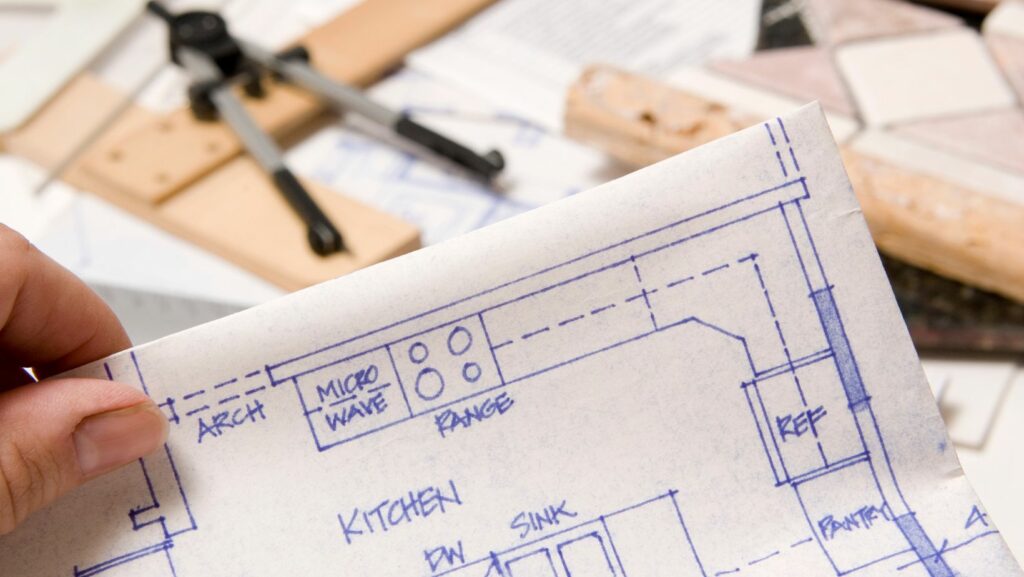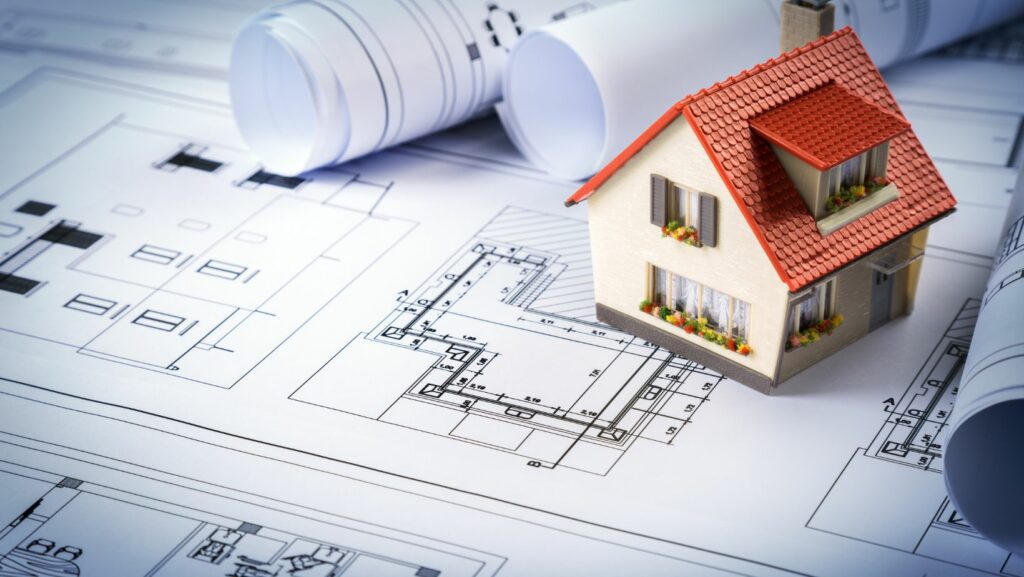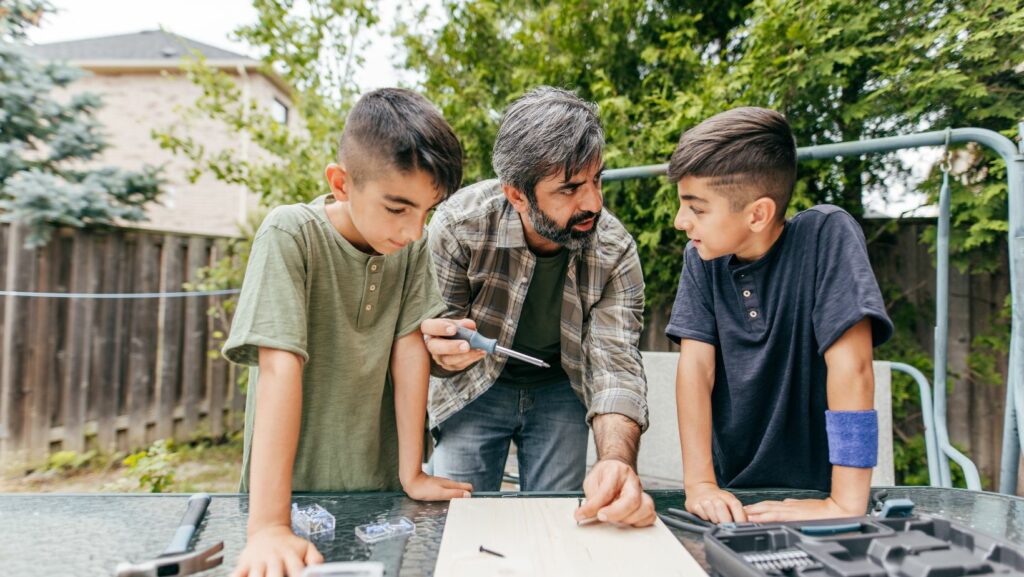DIY House Projects
- Cost-Effective Solutions: DIY house projects save money compared to hiring professionals, allowing homeowners to invest in higher-quality materials and unique design elements.
- Skill Development: Engaging in DIY work helps individuals learn valuable skills such as woodworking, plumbing, and electrical work, building confidence for future projects.
- Personalization and Creativity: Homeowners can express their individuality through customized designs, transforming ordinary spaces into personalized sanctuaries.
- Enhanced Home Value: Completing DIY renovations increases property desirability, especially through outdoor improvements that boost curb appeal.

- Strategic Planning: Successful DIY projects require careful planning, including research, budgeting, and scheduling, to ensure a smooth execution process.
- Safety First: Prioritizing safety measures, such as wearing appropriate gear and understanding tool usage, is critical to prevent accidents and injuries during DIY activities.
Transforming a house into a personalized haven doesn’t always require a professional touch. With a bit of creativity and some handy tools, anyone can tackle DIY house projects that enhance both aesthetics and functionality. From simple decor updates to more ambitious renovations, these projects empower homeowners to take control of their living spaces.
Embracing DIY not only saves money but also fosters a sense of accomplishment. Whether it’s building custom shelves or refreshing a room with a fresh coat of paint, each project offers an opportunity to learn new skills and express individuality. Dive into the world of DIY and discover how these projects can breathe new life into any home.
Overview of DIY House Projects
DIY house projects encompass a wide range of activities designed to improve the home’s functionality and aesthetics. These projects can vary in complexity, allowing individuals to select tasks matching their skill levels. Common DIY undertakings include painting, crafting furniture, creating storage solutions, and landscaping.
Many homeowners appreciate the cost-effectiveness of DIY projects. Materials often cost less than hiring a contractor. Budget-conscious individuals value the ability to allocate funds towards higher-quality materials or unique items.
Moreover, DIY projects foster creativity and self-expression. Choosing colors, designs, and materials can transform a standard space into a personal sanctuary. Individuals can experiment with various styles, leading to a more satisfying home experience.
Engaging in DIY projects provides skill development opportunities. Homeowners can learn valuable techniques such as woodworking, plumbing, and electrical work. Such skills enhance personal capability and increase confidence in tackling future projects.
Finally, DIY projects enhance the overall home value. Renovations and improvements can attract potential buyers. Notably, outdoor projects like deck installations or garden enhancements significantly increase curb appeal and property desirability.
Popular DIY House Projects
DIY house projects encompass various tasks that homeowners can undertake to improve their living spaces. These projects range from simple upgrades to comprehensive renovations, offering numerous ways to enhance both aesthetics and functionality.
Home Renovation Ideas
- Kitchen Remodel: Updating cabinets and countertops can significantly elevate a kitchen’s appearance. Homeowners can repaint cabinets, install new hardware, or opt for open shelving to maximize space.
- Bathroom Upgrades: Simple enhancements like regrouting tiles, replacing fixtures, or adding a vanity can transform a bathroom. These changes improve utility and create a more inviting space.
- Flooring Replacement: Individuals can install laminate, vinyl, or tile flooring for easier maintenance and a fresh look. DIY flooring projects often involve direct installation on existing surfaces.
- Wall Treatments: Using wallpaper, decals, or paint techniques can add personality to walls. These treatments require minimal resources but can yield dynamic results.
- Landscaping Projects: Planting trees, flowers, and shrubs enhances the home’s exterior, promoting curb appeal. Homeowners can create garden beds or install pathways for additional structure.
- Patio or Deck Construction: Building a deck or patio extends living spaces outdoors and provides areas for relaxation or entertainment. Individuals can use premade kits or design their structures.
- Fence Installation: Installing a fence can boost privacy and security while enhancing garden aesthetics. Various materials like wood, vinyl, or metal are available for different styles and budgets.
- Outdoor Lighting: Adding lighting features such as string lights or solar lamps improves outdoor usability during evenings. These installations are typically straightforward and can be integrated with landscape designs.
Tools and Materials Needed
DIY projects require the right tools and materials to ensure successful outcomes. Understanding what’s necessary simplifies the process and enhances efficiency.
Essential Tools for DIY Projects
- Hammer: A fundamental tool for driving nails and assembling materials.
- Screwdriver Set: Essential for fastening screws, with both flathead and Phillips variations included.
- Tape Measure: Crucial for obtaining precise measurements in any project.
- Level: Ensures surfaces are even and properly aligned, critical for installations.
- Utility Knife: Versatile for cutting various materials, from cardboard to roofing.
- Drill: Offers various functions, in both cordless and corded options, for drilling holes and driving screws.
- Pliers: Useful for gripping, twisting, and cutting wires or other materials.
- Saw: A hand or power saw is necessary for cutting wood or other materials to size.
- Safety Gear: Items like goggles, gloves, and masks protect against debris and ensure safe work conditions.
- Wood: Commonly used for building furniture and structures, available in various types like pine and oak.
- Paint: Essential for updating aesthetics; choose quality interior or exterior options based on project requirements.
- Fasteners: Nuts, bolts, nails, and screws should match the project, ensuring stability and durability.
- Drywall: Applications include wall construction and repairs, typically available in standard or moisture-resistant options.
- Flooring: Select materials like laminate, tile, or hardwood that enhance both appearance and functionality.
- Gardening Supplies: Soil, mulch, and plants are necessary for landscaping projects, impacting both design and sustainability.
- Adhesives: Useful for bonding a wide range of materials, including wood and metal, select those appropriate for specific tasks.
Using the right tools and materials significantly enhances the DIY experience, leading to successful and satisfying results.
Tips for Successful DIY Projects
Successful DIY projects rely on effective planning and implementation. By following specific guidelines, homeowners can maximize their chances for rewarding outcomes.
Planning and Preparation
Planning and preparation are crucial for DIY success. Homeowners should evaluate project scope and complexity before starting. Steps include:
- Research Requirements: Investigate the necessary skills, tools, and materials for each project. Online resources, video tutorials, and community forums often provide valuable insights and guidance.
- Set a Budget: Establishing a budget helps manage costs and allows for investing in high-quality materials. Include potential expenses like tools, supplies, and unexpected contingencies.
- Create a Timeline: Draft a timeline for project milestones. Having a schedule keeps progress on track and helps allocate adequate time for each phase.
- Gather Tools and Materials: Collect all required tools and materials before beginning. This preparation minimizes interruptions and maintains a focused workflow.
Safety Precautions
Safety precautions are essential to ensure a safe DIY environment. Homeowners should prioritize the following measures:
- Wear Appropriate Gear: Safety goggles, gloves, and masks protect against dust, debris, and harmful substances. Ensuring proper attire reduces injury risks.
- Read Instructions Carefully: Understanding instructions for tools and materials promotes safer handling. Homeowners should familiarize themselves with equipment operation before use.
- Work in Well-Ventilated Areas: Maintaining air circulation reduces exposure to fumes from paints and adhesives. Choose an open space whenever possible for enhanced safety.
- Use Tools Properly: Following manufacturer guidelines for tool usage prevents accidents. Proper handling techniques and maintenance extend tool life and improve safety.
By implementing these tips, homeowners can enhance their DIY projects, leading to efficient execution and successful results.
Create Personalized Spaces
Embracing DIY house projects offers homeowners a unique opportunity to create personalized spaces while developing valuable skills. The sense of accomplishment that comes from completing a project is unmatched. Whether it’s a simple decor update or a major renovation each project allows for creativity and self-expression.
By carefully planning and choosing the right tools and materials success becomes more achievable. Homeowners not only save money but also enhance their living environments in ways that reflect their individual tastes. With countless options available every homeowner can find a project that suits their skill level and vision. Engaging in DIY projects can truly transform a house into a cherished home.
“




